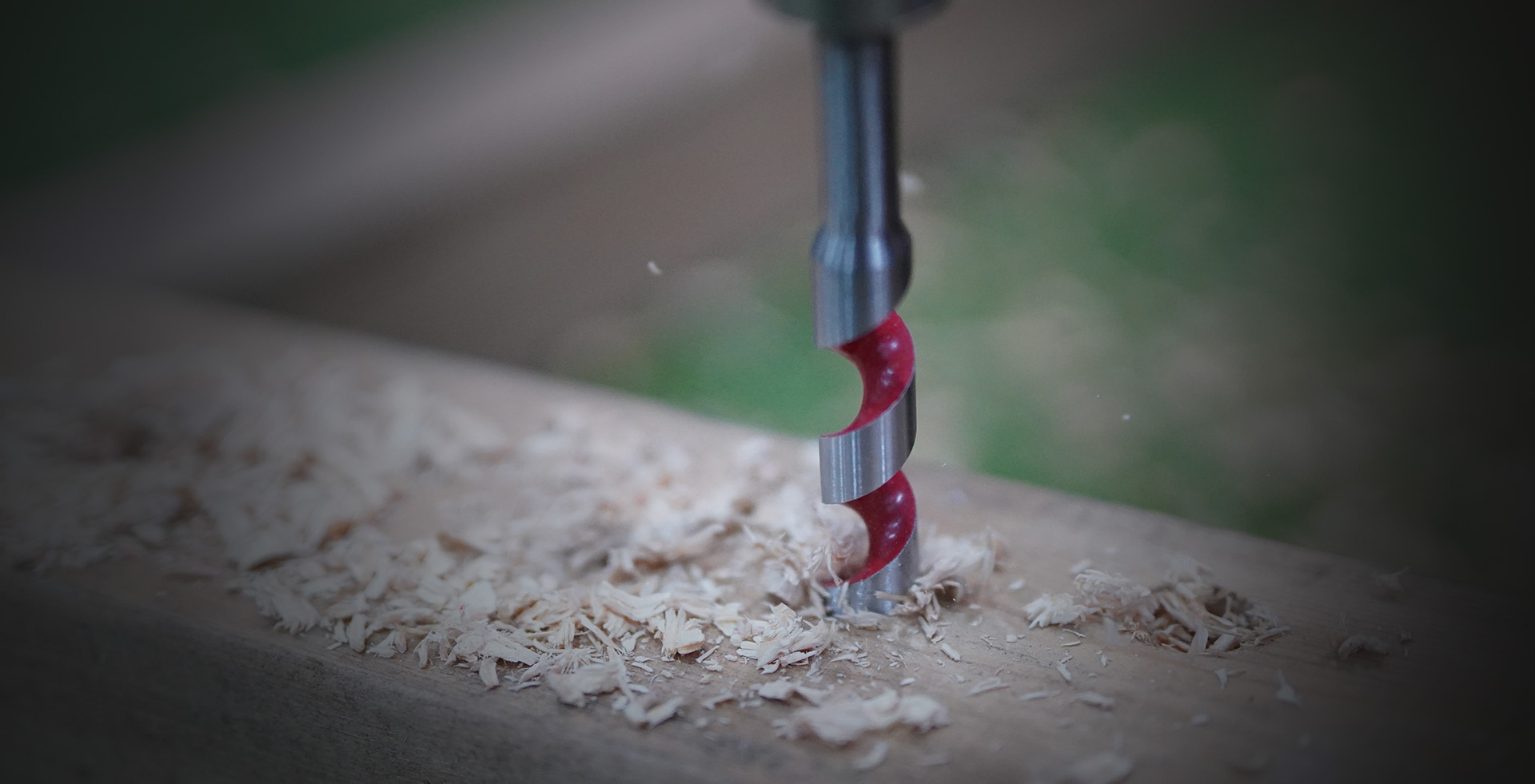Don't hesitate to send a message
I. Introduction: Solving the "Impossible" Task The phrase "fitting a square peg into a round hole" is a universal symbol...
READ MOREThe SDS or self-drilling concrete drill is a popular tool for building structures. Used primarily in the construction of masonry walls and floors, this method of drilling holes for concrete is a great time-saving option. However, using SDS masonry drill bits may not be as effective as you might think. Given a choice between regular, wood-to-gas and diamond drill bits, what might you choose? Regular Wood-To-Gas: This type of masonry drill bit is the most popular one used in construction today. Due to the high cost of natural gas, this is probably the most practical option. Because it is quite inexpensive to operate this kind of hammer drill bit, it can also be used for many other drilling applications such as indoor and outdoor concrete drilling. While it is a bit more expensive than the diamond version, its efficiency and ease of use make it a worthy option. It has a higher rate of effectiveness for smaller holes but it can also produce holes with large diameter.  Diamond: It might surprise you that the diamond drill bits are more expensive than the others. However, this is due mainly to the material they are made from - diamond. Because diamond drill bits have excellent penetrating power and excellent breaking strength, they are perfect for drilling joints that are difficult or impossible to drill using regular wood-to-gas masonry drill bits. For this type of drilling, the typical cost is around $40. Their low cost and high penetrating power make diamond drilling very efficient and practical for many concrete applications. Wood-To-Gas: A wood-to-gas drill bit is ideal for boring small holes and for very specific purposes. The wood bit is basically gas, so it does not require any moving parts. As its name implies, it requires wood as the source of gas and propane to be injected into the drill bit. They are cheaper than other types of sds masonry drill bit, however, it has less torque and performance than diamond drill bits. Rubber: Rubber drill bits are used for drilling holes in reinforced concrete. This type of sds masonry drill bit is usually not very expensive and is a good choice for drilling holes into very hard and thick concrete. While the rubber bit is most suitable for drilling small holes, it cannot be used for drilling larger holes because of its low torque. They are used mainly for concrete repair and are therefore cheaper. Other types of drill bits are discussed in detail in the following paragraphs. The main difference between each of these types of drill bits is their driving mechanism. For instance, wood-to-gas and diamond drill bits use pressurized gases to drive the bit. They also have different spindle designs to give them different torque. Whatever the type of drill bit being used, proper safety measures should be practiced while using it and the owner should always keep a check on the bit's usage.
Diamond: It might surprise you that the diamond drill bits are more expensive than the others. However, this is due mainly to the material they are made from - diamond. Because diamond drill bits have excellent penetrating power and excellent breaking strength, they are perfect for drilling joints that are difficult or impossible to drill using regular wood-to-gas masonry drill bits. For this type of drilling, the typical cost is around $40. Their low cost and high penetrating power make diamond drilling very efficient and practical for many concrete applications. Wood-To-Gas: A wood-to-gas drill bit is ideal for boring small holes and for very specific purposes. The wood bit is basically gas, so it does not require any moving parts. As its name implies, it requires wood as the source of gas and propane to be injected into the drill bit. They are cheaper than other types of sds masonry drill bit, however, it has less torque and performance than diamond drill bits. Rubber: Rubber drill bits are used for drilling holes in reinforced concrete. This type of sds masonry drill bit is usually not very expensive and is a good choice for drilling holes into very hard and thick concrete. While the rubber bit is most suitable for drilling small holes, it cannot be used for drilling larger holes because of its low torque. They are used mainly for concrete repair and are therefore cheaper. Other types of drill bits are discussed in detail in the following paragraphs. The main difference between each of these types of drill bits is their driving mechanism. For instance, wood-to-gas and diamond drill bits use pressurized gases to drive the bit. They also have different spindle designs to give them different torque. Whatever the type of drill bit being used, proper safety measures should be practiced while using it and the owner should always keep a check on the bit's usage.
I. Introduction: Solving the "Impossible" Task The phrase "fitting a square peg into a round hole" is a universal symbol...
READ MOREMetalworking has always been a cornerstone of industrial development, shaping everything from automotive components to a...
READ MORE1. What Are Waterpump Pliers? – The Flexible “All-Rounder” Tool In modern industrial manufacturing and daily maintenance...
READ MORESelecting the appropriate industrial cutting tools is a critical decision that directly impacts manufacturing efficiency...
READ MORE+86-573-84611229
+86-573-84611518
NO.35 Yucao Road, Ganyao Town, Jiashan City, Zhejiang Province, China
